SANAM's second album Sametou Sawtan translates as "I Heard a Voice," which is an apt title for a record that captures the Lebanese band's ability to make sound itself feel like revelation. The six-piece builds their experimental rock from borrowed texts spanning centuries, from twelfth-century mathematician-poet Omar Khayyam to contemporary Lebanese writers. All of these voices are joined through improvised sessions that conjure the ancient in a very current, modern present.
The sextet of Sandy Chamoun (vocals), Antonio Hajj (bass), Farah Kaddour (buzuq), Anthony Sahyoun (guitar, synth), Pascal Semerdjian (drums), and Marwan Tohme (guitars) recorded Sametou Sawtan across two distinct environments. Initial sessions took place during an April 2024 residency at Beit Faris, a medieval house in the coastal city of Byblos, while the remaining tracks were recorded at La Frette Studios in Paris during their summer European tour. Working again with producer Radwan Ghazi Moumneh (Jerusalem In My Heart), SANAM created a record that processes feelings of distance and dislocation while maintaining the mesmerizing intensity of their live performances.
I connected with Sandy Chamoun and Anthony Sahyoun over email about the influence of environment, the lessons that solo projects bring to SANAM, and how Beirut’s music scene survives and prospers through challenging times.
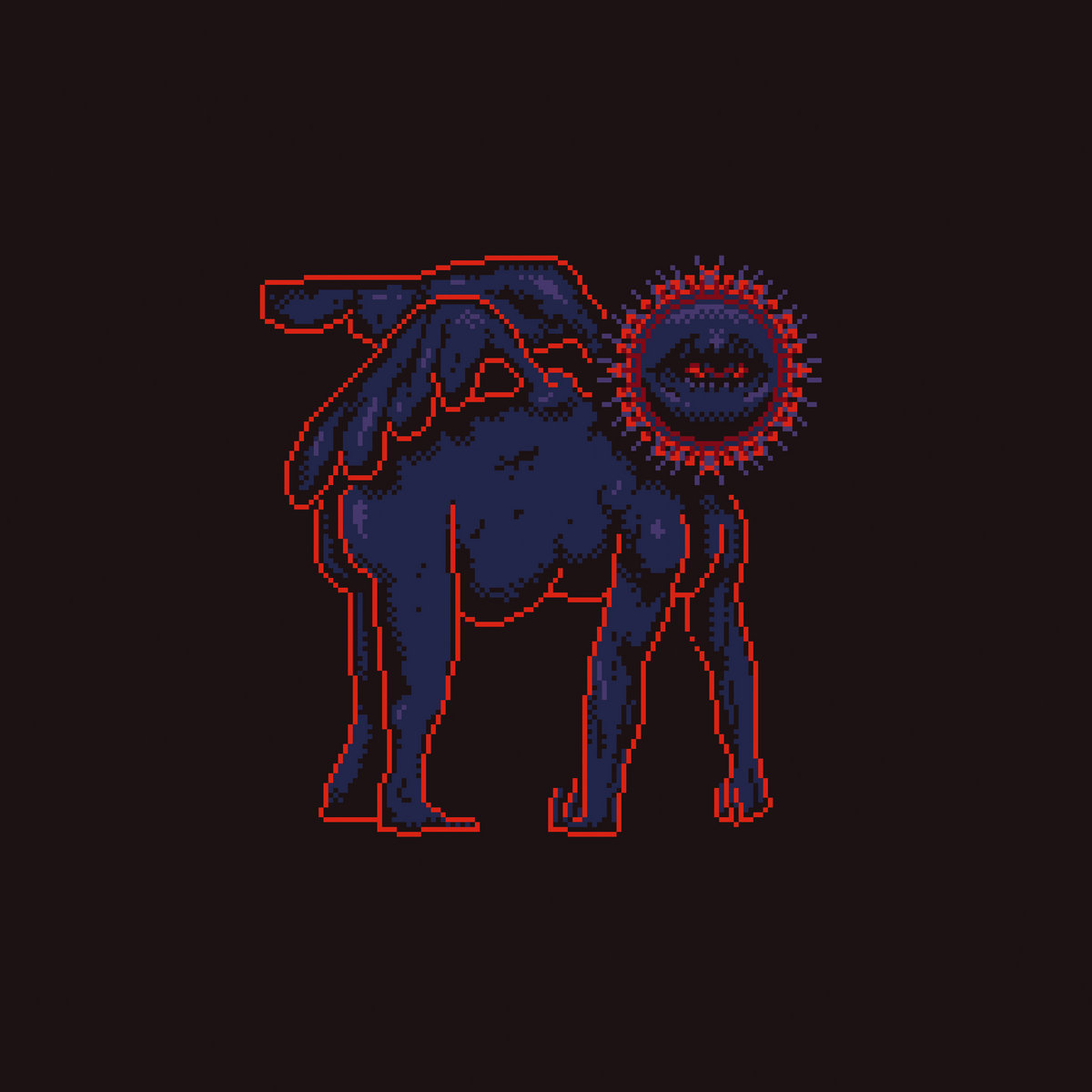
Lawrence Peryer: Your new album title suggests listening as an almost mystical act. What voice did you hear?
Sandy: The voice changes depending on who's listening. In sound, there are riddles—there is no single truth. You might hear a sound and think, "Ah, that's the sound of rain," but it could turn out to be something completely different. With sound, everyone is free to take it and build the picture in their own head, with the faces they imagine.
Lawrence: You recorded this in two very different places, a medieval house in Byblos and a studio in Paris. How did these settings influence the music?
Anthony: The room—in an acoustic sense—influences the music we're going to make more than anything else! It's all about the room for us. We take a long time to choose the right one before we start working on something. Exploring a new space both acoustically and architecturally is similar to going on an adventure, and this sense of exploration makes the work easy.
Sandy: Our first album came with the difficulty of revealing ourselves to one another, especially through music, which, at least for me, is a place that exposes who you really are. But when the six of us sit together to write music, if three of us feel that spark, the other three get carried into it, and we're able to open up to each other through emotion and sound.
Lawrence: The Byblos sessions sound particularly intense, and you've described them as "almost hallucinogenic."
Anthony: It was the first time we were recording together. That allows for a lot of tapping into untapped territory, both musically and mentally. We also made sure to be alone, almost for the whole period of recording. I remember we could barely sit with friends when they visited because of the cult-like attitude that took over us.
Lawrence: Sandy, you've said you "never wanted to be a singer" but were drawn to voice as an instrument. How has your relationship with your voice grown?
Sandy: I didn’t enjoy singing because I had an issue with exposing my voice. Through my experiences at Metro, after years, it stopped being only about showing my voice—it became about performance, about conveying a certain state. Sometimes my voice hides behind louder, harsher sounds, and I feel that's the natural path of singing. I get bored when I hear my voice all the time. I prefer blending it, making it part of something else.
Lawrence: Much of your lyrical content comes from borrowed texts, be they Omar Khayyam, Paul Shaoul, or Egyptian folk songs. How do you choose what to carry forward?
Sandy: When you read a text and feel a connection with it, it becomes your task to give that connection life, to let the words transform. When you carry those words into melody through your performance, even the oldest text can be reborn as something contemporary, something that mirrors you. When you read something from Omar, you feel a connection to now—the feeling that there's no clear path.
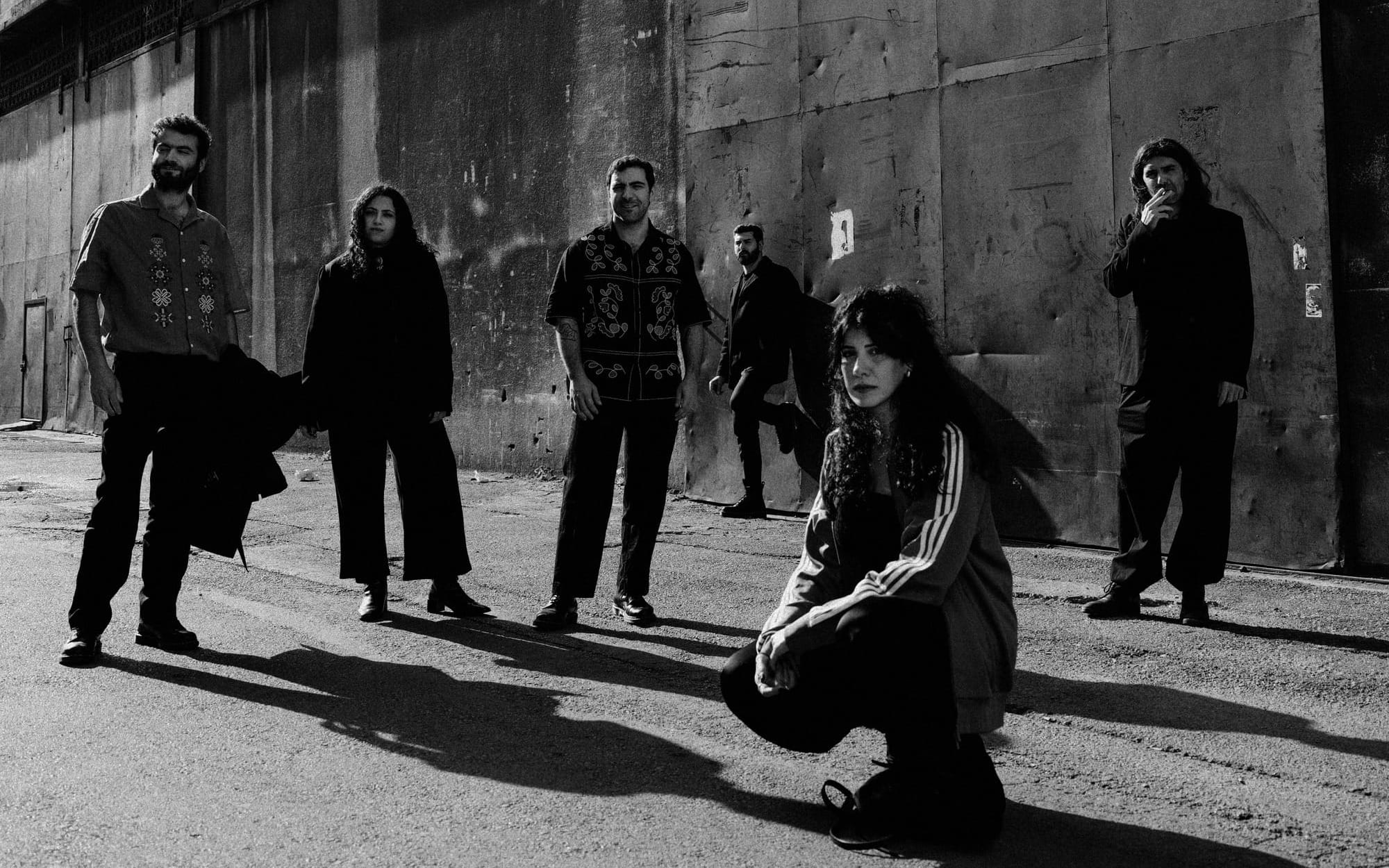
Lawrence: You've also written original lyrics for "Harik" and "Tatayoum," songs about "infinite fire" and "obsessive loops." How do these personal texts relate to the borrowed poetry?
Sandy: All the songs on the album fall under the same theme: distance, departure, attachment, and the wars we are living through.
Lawrence: Can you elaborate on that sense of distance?
Sandy: Since the moment we were born, there has always been a threat to our existence in one way or another. From two years ago until today, because of genocide, war, people leaving, and the looming threat that Lebanon itself might not survive, along with Palestine and Syria disappearing, we live surrounded by these fears. You can't face it every single day because you need to keep living—you need to let your body and mind feel the things a human being naturally needs to feel. So you find yourself caught in a spiral between this reality of losing all connection to existence and the imaginary invention of a life that feels normal.
Lawrence: You both work extensively outside SANAM. Anthony, you have your trio experiments; Sandy, your solo work and theater. How do these projects feed back into the band?
Anthony: They definitely feed each other, even if the scope and implementation of each project differ. The different processes and ways of work make everything feel constantly fresh, and improv definitely feeds into structure and vice versa.
Sandy: I don't like to stay within the same frame, so a lot of the work I do ends up being very different from one another. That gives me more space for my imagination and for practicing how I move and sing. It's as if this work keeps jumping from one place to another, and in the process, they nourish each other.
Lawrence: Anthony, your recent work explores "rhythmic structures that don't have specific time signatures." How does this non-deterministic approach influence SANAM?
Anthony: We have been obsessed with these rhythms for quite a bit now. Writing music as a six-piece is completely different than writing music as a trio, but similar composition techniques are present in both, for sure.
Lawrence: Sandy, your solo work suggests strong political engagement. How does that apply to SANAM's more experimental music?
Sandy: Everything is political, and even more so, it's about the way you work and think. For me, what we do in SANAM as music reflects me a lot politically, especially in this moment of our lives, and it has nothing to do with lyrics. The freedom I feel while we're writing songs is the very thing I wish for in life. It carries all our history, culture, and music, but without being stuck in the past. On the contrary, it's progressive, running counter to the familiar patterns and resisting the commercial music model that the system imposes on us.
Lawrence: What sustains Beirut's creative community and independent music scene?
Anthony: I think in a big, broad sense it's good art being made. It's not only about continuity or production; it's also about the fact that there are good projects all over. When someone does something remarkable, they are pushing all the rest with them. It's very important to have good production around a specific scene, or it stays stuck.
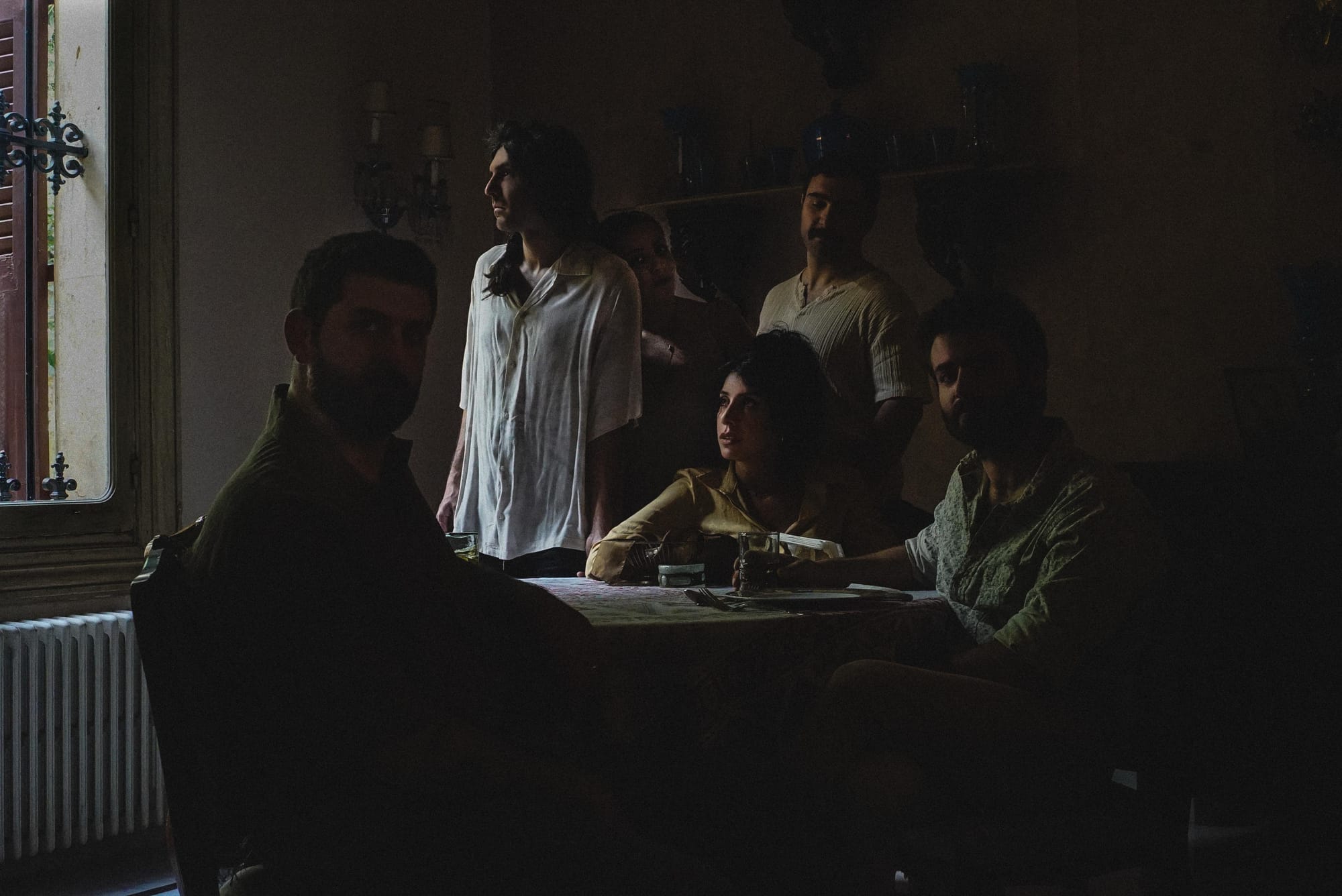
Lawrence: You're working again with producer Radwan Ghazi Moumneh. What does he bring that you can't access on your own?
Anthony: Radwan has been in the family from the first record. If I think of what he offers, first and foremost is a state of mind for the band, a mood, and most importantly, a sense of security—we trust each other a whole lot. There's also the fact that he has made a lot of amazing records. He's an incredible producer and engineer!
Lawrence: Sandy, you've described SANAM's music as letting "different things in a blender" without "really letting them quite fuse together." Is that creative friction intentional?
Sandy: I don't like to overthink how we compose or arrange songs. Someone might throw out an idea, and the rest need to keep their minds open, unafraid to step into places they don't yet know. For me, that's the state of SANAM. Something is born between us—a permission we give one another to go wherever we need, even though there are always tense moments in the writing process.
The incessant energies explored in these tracks aren't necessarily negative. I compare their intensity to a writer locked in a train of thought, for better or worse. It's not about being depressed or sad. It's a trap, but it can also be magical.


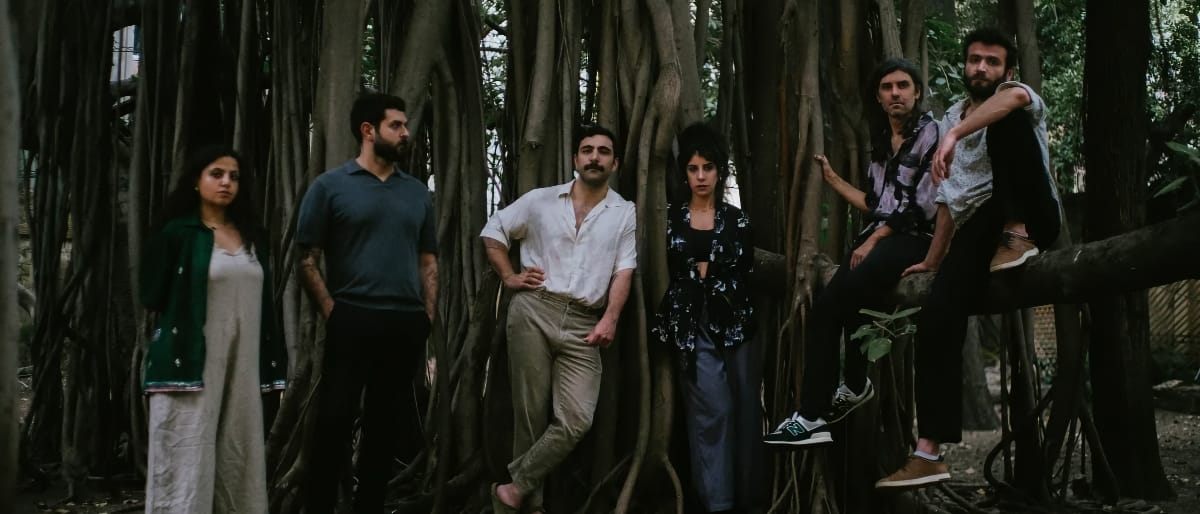

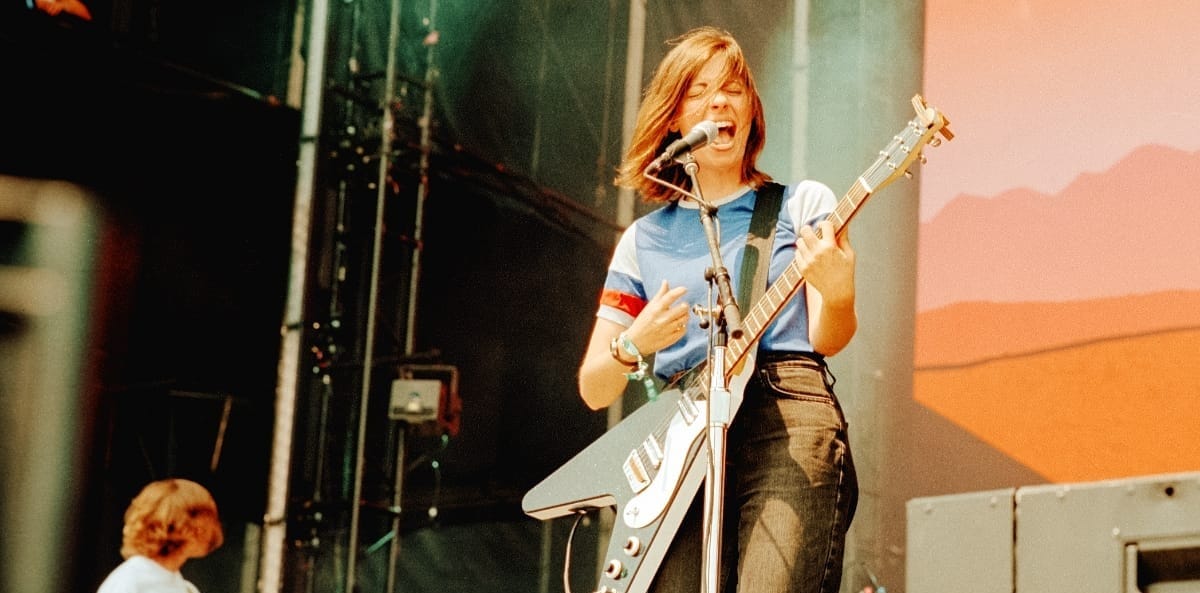

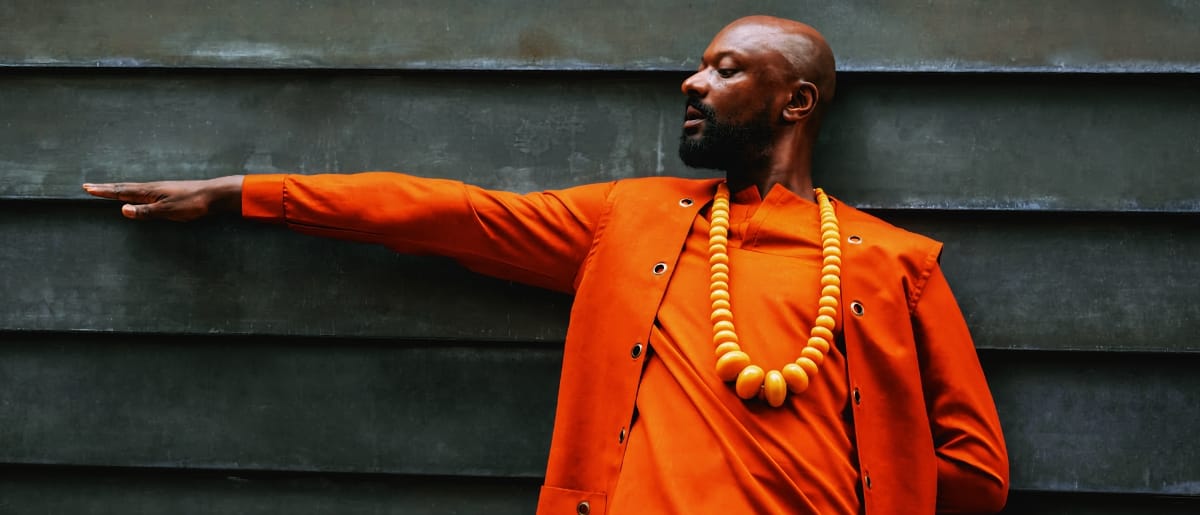
Comments